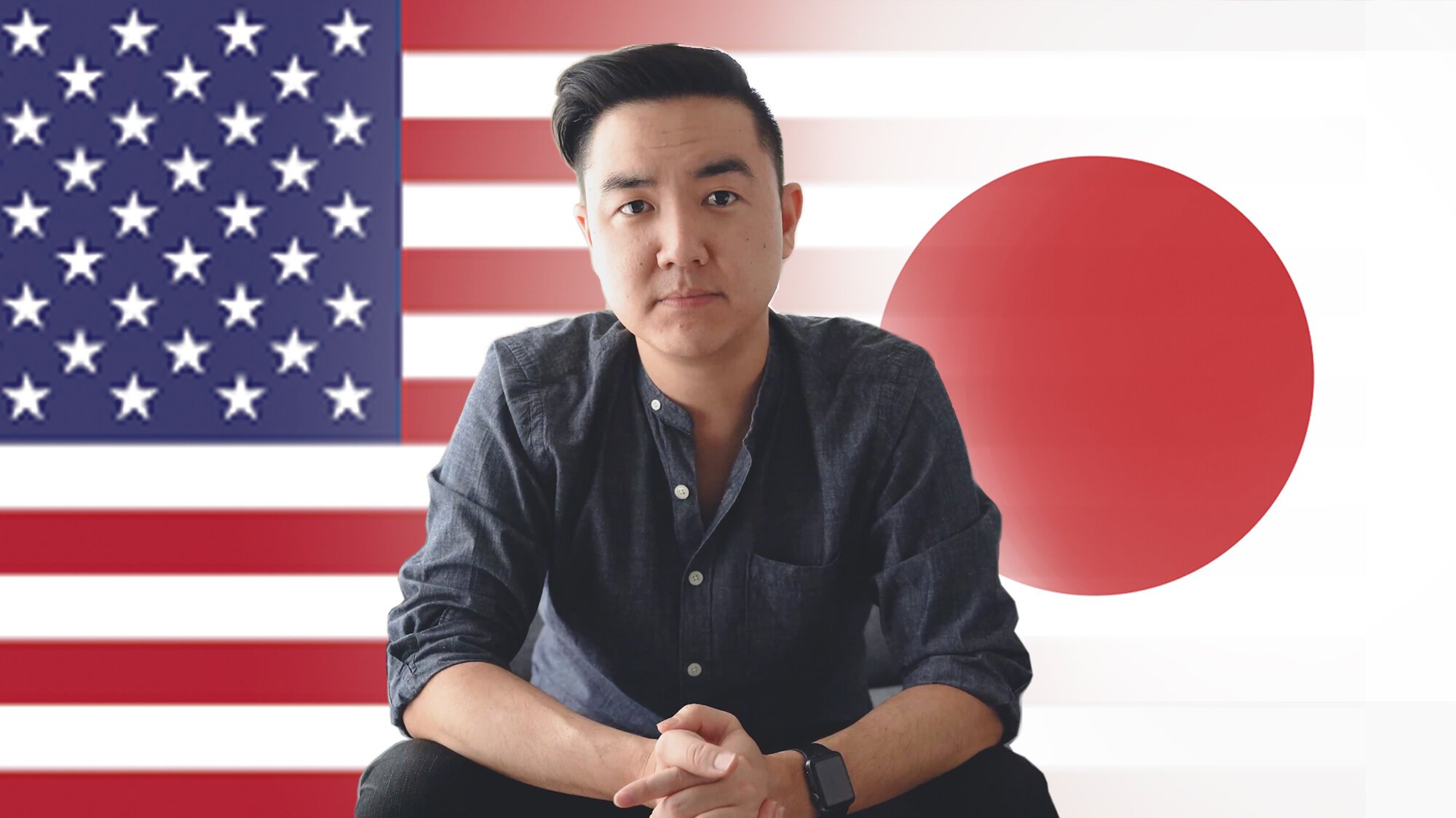Japanese-Americans: 4th vs. 2nd Generation
I am Japanese-American. I grew up in the US before moving to Japan. I’ve talked about that experience before.
As with any minority, Japanese-Americans tend to get grouped all together. While most of us do share many similarities, when you dive a little deeper, many differences begin to reveal themselves.
Where we grow up and live are huge factors.
In WWII when Japanese-American Nisei (2nd Generation) soldiers served in the US military against German Nazis, and these differences were seen.
Hawaii soldiers called their continental mainland Japanese-American comrades “Katonks”, and viewed them as arrogant, more focused on themselves, and viewed them as thinking of themselves highly due to speaking more American English.
Mainland Japanese-American soldiers called Hawaii ones “Buddhaheads”, and viewed them as loud, unrefined and as bullies while speaking a non-standard, Hawaii pidgin English.
Even in my time, I’ve noticed differences between those from my home in Hawaii and others who grew up elsewhere.
Another big factor is when your family immigrated.
I myself am 4th generation, meaning that it was my great-grandparents that first came over. My family has been in the US from the early 1900s, which means significant events in American history helped impact and shape the family.
I grew up surrounded by English speaking family members. There was no Japanese language in my day-to-day. My parents cooked Japanese or Japanese inspired foods sometimes, but it was often a variety of cuisines. We celebrated some Japanese events, but just a few, and they may have been altered over time. My grandfather fought in WWII in the 100th Battalion/442nd Regimental Combat Team, so I grew up aware of American racism against Japanese-Americans.
But take a 2nd generation Japanese-American, for example. They’ve likely grown up in a Japanese-speaking family environment. Their parents probably cooked a lot of Japanese food if they have access to ingredients. They may celebrate more Japanese events and in a more authentic manner. And because their family immigrated after WWII, awareness about those specific struggles is likely less. And there may be more of a split feeling between their American and Japanese identities, especially if they are close to their extended families in Japan and have visited over the years.
After being interviewed in Japanese YouTuber Nobita from Japan’s video on Japanese-Americans living in Japan, another interviewee reached out to me. We decided to have chats on what it’s like growing up as 2nd and 4th generation Japanese-Americans, and in Hawaii versus Florida.
Check it out.





Here are some common challenges American expats may face when moving back to the U.S., based on my personal experience.